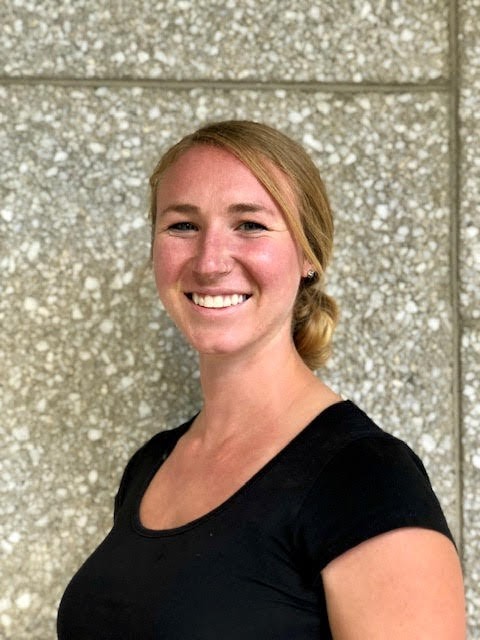These two posts are co-authored by the editors of the blog, Gray Taylor and Abhi Ramesh.

Abhismitha Ramesh is graduating this spring with a Master of Public Health in Maternal Child from the University of Minnesota and will be pursuing her PhD in molecular and genetic epidemiology at the University of Iowa this upcoming fall. She is currently a research assistant (RA) for the Center for Leadership Education in Maternal and Child Public Health. While completing her MPH, she also had the opportunity to work with the Minnesota Department of Health (MDH) for an applied practice experience. Abhi worked with epidemiologists in the Women, Infant, Child (WIC) division at MDH to analyze state data on anemia prevalence to create tools and education materials for women enrolled in the WIC program. These experiences inspired her to pursue maternal and child health epidemiology for her doctoral work. She is passionate about health equity efforts, and hopes to promote this through research and advocacy.
“Given the current public health crisis, the Making Lifelong Connections (MLC) conference was held virtually so I was fortunate enough to still attend. I truly appreciated the opportunity I had to learn about the great work that all of the attendees are involved with. One theme that I observed in many of the professionals’ presentations is the emphasis of MCH leadership competency 8, family-professional partnerships. This competency highlights the relationship between families and the healthcare system at all levels, and emphasizes the importance of respectful collaboration. One relevant lecture from the conference highlighted the work of a few family leader trainees at the University of Alabama. It is a fellowship that trains MCH professionals to expand their skill sets in communication, networking and leadership. I think this is a very valuable opportunity for public health professionals to take advantage of, especially if they want to strengthen their relationship with the families they collaborate with through work. One of the presenters, Wendy Hellings, stated that a personal benefit of being a family leader trainee was the social platform the program provided her to talk about her experiences of being a mother to a child with special health care needs. Through advocacy training, she had the opportunity to share the parent perspective with younger healthcare professionals. Wendy’s experience exemplifies how these programs can serve as tools to help further promote the importance of family-professional partnerships.
I also appreciated the presentation of another panelist, Alexis Nichols, who talked about her experience in the Leadership Education in Neurodevelopmental Disabilities (LEND) program at VCU. Alexis has cerebral palsy (CP), so she was able to apply her personal experiences to her self-advocacy training through the LEND program. One training Alexis received during hospital visits, was working with other healthcare professionals on how to effectively communicate health information with families with disabilities. This is another great example of how competency 8 is applied in the MCH workforce. It is important that we value this competency moving forward in our careers, not only will this help to strengthen community partnerships but it will also provide a voice for families who need to be heard.”

Gray Taylor is entering her second year as a Master of Public Health student in Epidemiology at the University of Washington. She is currently a data analyst at the Fred Hutchinson Cancer Center and affiliate of the Labor Studies Center at the University of Washington. This summer, she is pursuing a community needs assessment for providing family planning services through Telehealth networks in the pacific northwest region. She will work with the UW Medicine Family Planning department to determine specific needs of various communities within the region and make suggestions on creating a Telehealth program to serve these populations. She is interested in sexual and reproductive health and rights, and an advocate for health access and equity.
“I was also fortunate to virtually attend the Making Lifelong Connections (MLC) conference with my colleague Abhi. An additional example of MCH leadership competency 8 I observed myself was a presentation on children with special healthcare needs. The presentation discussed the lack of research and literature on transitions between child-centered to adult-oriented care in this population, and offered recent research findings examining the needs of transition to care.
Other attendees and I learned about the low level of healthcare transition planning among all youth in the United States. Both youth with and without special healthcare needs receive inadequate transitioning planning or healthcare transition support; this highlighted the need for further research on this subject, as well as the creation and strengthening of programs that can support youth and families throughout healthcare transitions. This research and work exemplified the need for and importance of family-professional partnerships in maternal and child health work. In order for successful transition planning to reach all youth, we must approach this issue through a comprehensive lens that considers interactions between families and healthcare professionals.
Through application of a family-professional partnership framework, maternal and child health students and professionals can greatly expand access to essential health services for youth and adolescent populations in the United States. We can also keep pushing for further research in this area, and progress our field to inclusion of all communities in need. “

